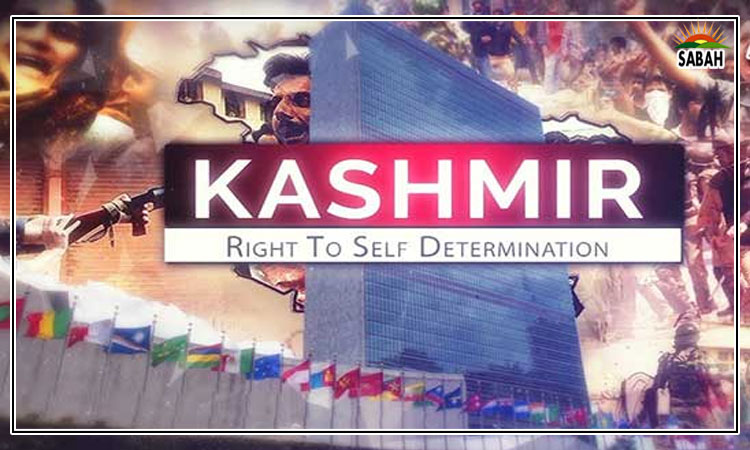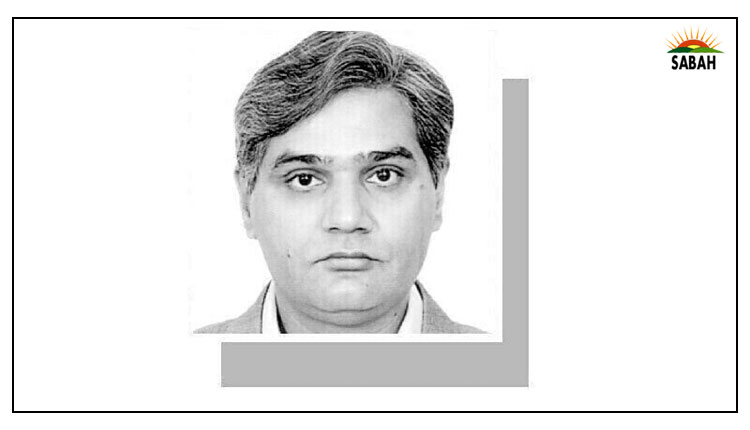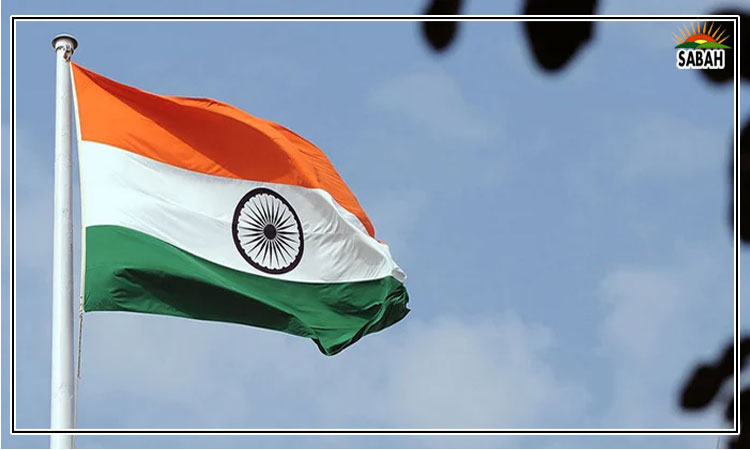Pervasive belligerence…Omay Aimen
A countrys behaviour on the international scene frequently reflects its philosophy, politics, and historical background. Following its 1947 declaration of independence from the British colonial authority, India took a distinctive turn in its international relations.
The countrys foreign policy has changed significantly over the years, from its original non-alignment during the Cold War to its ambitions for a permanent seat on the UN Security Council.
Indias post-independence foreign policy has not been immune to philosophical and historical influences. Chanakya, also called Kautilya, significantly shaped Indian foreign policy theory. Kautilya emphasizes power politics, realpolitik, and the methodical and strategic pursuit of a nations interests. This concept aligns with Indias foreign policy, which focuses on protecting national interests by combining idealism and pragmatism.
Given the historical and philosophical foundations of Indias foreign policy, a critical analysis of its recent actions that have drawn attention from around the world and sparked concerns is necessary. One of the most divisive issues in Indias international relations is the long-running conflict in Kashmir. Human rights issues have been raised by this protracted conflict, which has a complicated past. It also has important geopolitical ramifications.
In addition, Indias extraterritorial activities have also come under scrutiny in Canada due to the suspicion that Indian intelligence services were involved in the murder of a well-known Sikh separatist leader named Hardeep Singh Nijjar. This has raised questions about Indias involvement in activities outside of its boundaries. Similar to this, India came under fire from around the world when Indian spies were given death sentences by Qatari courts, raising concerns about the countrys clandestine operations and its involvement in cross-border activities. All of these events highlight the necessity of closely examining Indias foreign policy, and how it affects the world community.
Pakistan has been instrumental in revealing Indias disinformation effort, exposing Indias systematic efforts to spread false narratives and disinformation both domestically and internationally. These disclosures have shed important light on the scope of Indias information warfare strategies and underlined the significance of protecting information integrity and combating misinformation in the quickly changing digital era. The importance of strong international collaboration and alertness in combating disinformation efforts and their possible influence on world politics is highlighted by this expose.
The discovery of a second purported false flag operation by the Indian army highlights an unsettling pattern of disinformation. This instance confirms worries that the Indian army has once again used questionable methods to link innocent people to acts related to terrorism. Five teenage Grace Valley residents in Neelam Valley went missing on an herb-gathering outing recently, highlighting the precarious nature of border regions.
International law acknowledges the rights of people living in border regions and places the onus of protecting them and ensuring their safe return on the host nation. While receiving criticism, Western nations backing has also had an impact on Indias foreign policy. These countries see India as a vital ally in countering Chinas expanding influence in the region and have substantial commercial interests in the country. Because of this, they have frequently ignored Indias activities in favour of their own geopolitical and economic objectives.
One important aspect affecting Indias foreign policy is the mentality of the RSS whose philosophy is frequently linked to Naziism and Hitlerism. The RSS promotes a staunch nationalist stance, which is evident in Indias assertive foreign policy choices.
An important question can be raised here: will the world community do nothing to stop India from breaking the law and engaging in inhumane acts?
It is crucial that countries be held responsible for their acts in an increasingly interconnected world where international law and human rights are the cornerstones of global cooperation. The international community, which is dedicated to promoting justice and peace, ought to closely assess Indias actions and any possible effects they may have on regional and worldwide stability. When it comes to transgressions of international norms, silence can create a risky precedent that allows the abuses to continue unchallenged.
To comprehend the full range of Indias actions on the international stage, one must grasp the philosophical and historical underpinnings that have shaped the nations foreign policy. The influence of thinkers like Chanakya and the legacy of non-alignment have irrevocably impacted Indias foreign policy.
In conclusion, the international community must carefully evaluate Indias activities in light of the possible long-term effects they may have on world security and stability. It is still very difficult to strike a complex balance between commercial interests and the upholding of international law and human rights. The pursuit of diplomatic and peaceful solutions to continuing conflicts and disagreements becomes crucial as the globe struggles with Indias actions and their ramifications.
Fostering a world marked by fairness and enduring peace requires continuing to be vigilant and holding nations responsible for their deeds. It is predictable that members of the Five Eyes alliance and other concerned nations will exercise enhanced care and vigilance in reaction to Indian espionage actions because the world of intelligence gathering and operations is a dynamic one. The Research and Analysis Wing (RAW) of India might come under more stringent scrutiny than expected, which might make field activities more difficult and remove any previous latitude.
Despite Indias denials of guilt, it is clear that the country now faces a more difficult diplomatic environment because of Qatar and Canadas decisive moves, which were motivated by tactical and strategic concerns.
Courtesy The News












